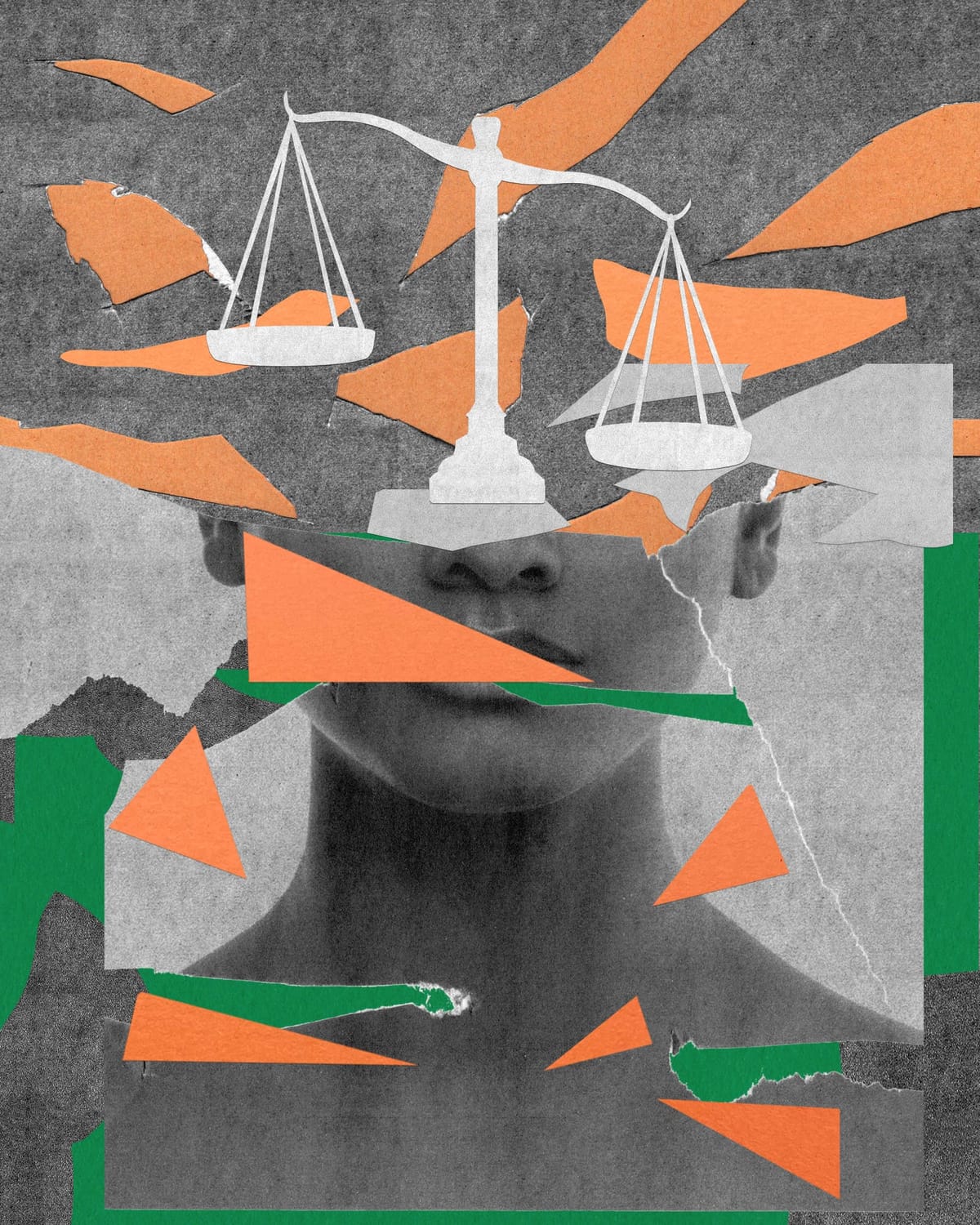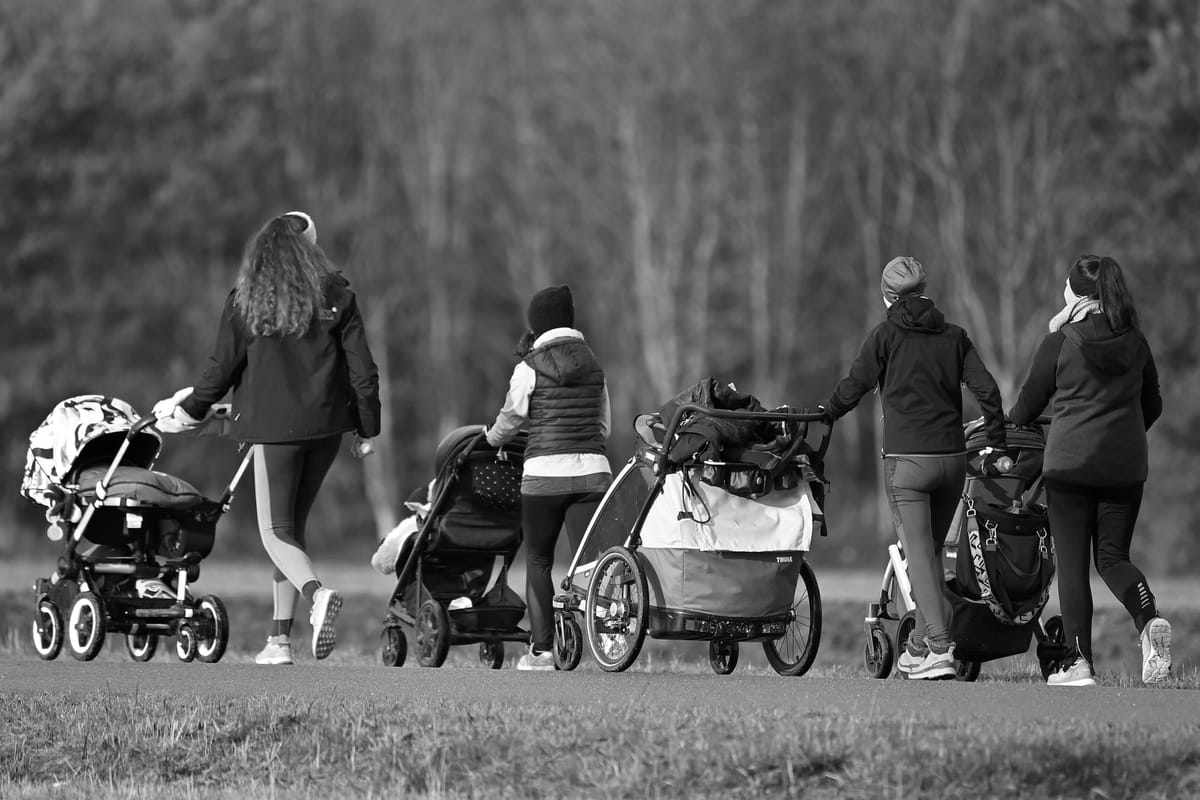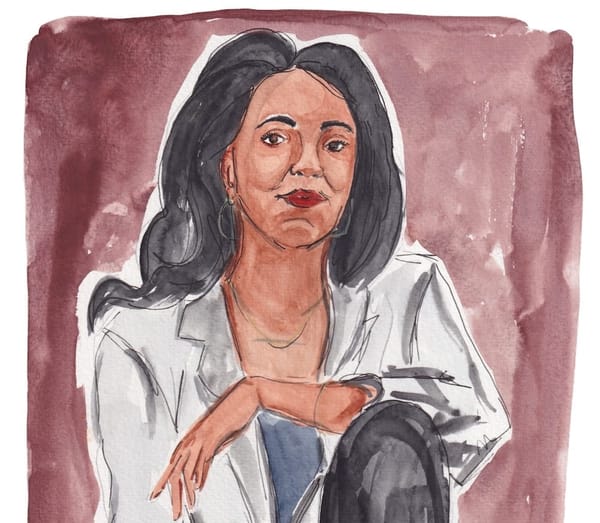A Colonial-Era Law Makes Marital Rape Legal in India. The Government Refuses to Change It.
In India, arranged marriage is a common practice. Some marriages work out, of course, while in others, a family’s honor is protected, whatever the cost.

Anita* was still at university when her parents arranged for her to be married to a boy of their choosing. But Anita, then a teenager, had bigger hopes for her future: She wanted to study, get a job, maybe one day have a career.
After the match was arranged, her parents told her to forget about her studies and get to know her future husband, instead. “They would make me talk to him often and during these conversations, I realized this man was not right for me,” she said. She tried to tell her parents, but her concerns were dismissed. At age 19, Anita was married to a man she barely knew.
It turned out to be a very painful marriage. Like many young brides in India in similar situations, she was subjected to physical and emotional violence from the husband and his family.
Despite strict laws, child marriage in India remains rampant, but in many cases, such as Anita’s, families wait until the girl is just over the legal age of 18 to marry them off. While the marriage may not be violating laws, girls are often forced into relationships without their consent or an understanding of their rights. At the same time, domestic violence in India remains a significant issue. According to a recent government survey, 32% of married women face physical, sexual or emotional violence by their husbands. Of the women who experienced sexual violence, 82% said their current husbands were the perpetrators.
The Marriage
Anita’s initial intuitions about her husband proved right; the marriage was doomed from the start, with Anita forced into having sexual relations with her husband who she did not love. She was just 19. If she resisted, she faced violence. Beatings and forced sex became a common occurrence. “I could not even scream for help because he was my husband,” she shared. “Sometimes, I would raise my voice to object, and sometimes I succeeded [in stopping him] but other times I didn’t,” she explained. Eventually she “adapted” to the situation.
Anita stayed in the marriage for nearly 14 years, because she believed that she had no other choice. During that time, she faced physical violence and mental abuse not just from her husband but also his family. Finally it became too much: “One day, I reached out to an NGO which gave me shelter,” she said.
It was at the NGO called Shakti Shalini—which roughly translates to power and grace—that Anita understood the extent of the violence she had experienced.
“Marital rape” is a concept that does not fit comfortably in social or legal vocabulary in India. In fact, the country’s otherwise stringent rape laws include a caveat—an exception that exempts spouses from accountability. Although India’s rape law was amended in 2013 to include a broader swath of violent, penetrative acts, the exemption for married people remained in place.
Now 34, and divorced, Anita agreed to share her story with The Persistent, but she wanted to do it on her terms—as a handwritten letter, detailing her long, painful ordeal. It was delivered to me via a social worker from the Shakti Shalini; and although Anita and I never met in person, it was followed by many conversations over email as well as phone calls and texts.
The letter itself was written in Hindi, but sprinkled with English words including “violence” and “consent”—words Anita had never heard at the start of marriage, but with which she became all too familiar in the years that followed.
Petitions to Criminalize Marital Rape
Given how common cases like Anita’s are, activists and lawyers, including Karuna Nundy, a senior advocate at the Supreme Court of India, have for years raised a number of petitions in the Indian parliament seeking to amend the rape law to remove the exception of marriage.
India’s rape law, along with its unfortunate exception, was inherited, like many other Indian laws, from the British colonial-era. But Britain outlawed marital rape in 1991 (and in the U.S. in 1993).
When the Indian government replaced the colonial laws in 2023 with a new set of laws called Bharatiya Nyaya Sanhita (BNS), it retained the marital exception to rape, despite calls for its abolition.
In a response to a petition put forth by Nundy representing the All India Democratic Women’s Association, the Indian government, in October 2024, defended its decision not to criminalize marital rape, stating that it could cause “significant disturbances within the institution of marriage.”
“In case marital rape is brought under law, it may have the potential to destroy the institution of marriage and put the entire family system under great stress,” the affidavit submitted by the government read.
However, Nundy argued in court that protecting a married woman from rape would not destroy the institution of marriage. “Marriage is personal and not institutional…Sexual choices and consent are essential attributes of autonomy,” she said, adding that “a rapist remains a rapist, and marriage with his victim does not absolve him of the crime.”
‘It Felt Like a Woman’s Life Doesn’t Even Matter’
Then there was the Chhattisgarh case.
In 2019, a brutal case emerged from Anita’s home state: A man was tried and convicted for rape and forced sex with his wife. She died. The chargesheet and autopsy reports revealed gruesome details of a forced encounter that caused perforations of the wife’s pelvic floor and rectum. But earlier this year, a higher court acquitted the husband despite a firsthand statement from his dying wife.
In his judgement, the judge stated that “if any unnatural sex as defined under section 377 [of the Indian Penal Code] is committed by the husband with his wife, then it can also not be treated to be an offence.”
The judge also added,“if the age of [the] wife is not below 15 years then any sexual intercourse or sexual act by the husband with [his] wife cannot be termed as rape under the circumstances, as such absence of consent of wife for unnatural act loses its importance.”
Needless to say, outrage among women’s rights advocates and activists ensued.
“At first, I was not very surprised [about the judgement] knowing how the system deals with survivors of domestic violence. But the longer I sat with this news, I was filled with a lot of anger,” said Monika Tiwary, senior counselor at Shakti Shalini, the NGO to which Anita had escaped.
“A life was lost, and there was no punishment, no acknowledgment,” she said. “It felt like a woman’s life doesn’t even matter,” she said.
So-Called Traditional Norms
Experience of violence is widespread among Indian women, said Shireen Jejeebhoy, a prominent Indian social scientist specializing in population studies.
Although survey responses may underestimate the true prevalence of violence, Jejeebhoy said, the recent National Family Health Survey reports that 28% of married women in India aged 18-49 had experienced physical violence at the hands of their husbands, and 6.5% of married women had experienced sexual violence or marital rape.
In India’s patriarchal setting, marital violence is seen as acceptable behavior, Jejeebhoy explained. "The notion that marital rape is a man’s right and the consent of the wife is meaningless are deeply embedded in the psyche of Indian men and less so, women,” Jejeebhoy said.
Calling Marital Rape What It Is
Tiwary from the Shakti Shalini believes that naming marital rape as a crime could go a long way to helping women recognize it.
Right now, the law considers marital rape a matter to be resolved between married couples, she said. “But the moment you label this phenomenon, people will start recognizing it.
At Shakti Shalini, women do reach out about day-to-day violence, “but once we start having a conversation, in some cases, we realize, and they also realize, that what is happening to them is sexual violence and rape,” Tiwary explained.
One of the problems with spotting rape is that in India, women and girls are brought up to be “good” disciplined housewives and daughters-in-law. “There's an understanding that sex is a duty for them, and a husband has to be pleased even if it is painful,” she said, adding that “their consent is rendered immaterial.”
Jejeebhoy agrees: “The ideal woman in India is perceived as one who silently bears all manner of suppression and hardship in the cause of upholding her family’s izzat [honor],” she said.
‘The Worth of a Woman’s Word’
Critics of the criminalization of marital rape often argue the law could be misused against men. “There's a potential for every law to be misused, but that is no reason to dismiss it. We have to look at the larger picture and the greater good,” argued Tiwari.
“Women are facing abuse every day, their personhood, their entire self is being snatched away every day. So if there's something that can remedy it or prevent it, then it is high time that we adopt it,” she said.
Indeed, Indian law has many provisions protecting women from gender-based violence, Nundy said. But marital rape seems to be the holdout.
“There is a civil law on domestic violence; there is the criminal law when there is extreme violence… there are laws on grievous bodily harm. Of course, under the law, as a woman you can’t be beaten or murdered by your husband in the bedroom; he’s not exempted,” she said, adding, “But you can be raped, the husband is exempted from that.”
Jejeebhoy would like to see “gender training of the judiciary,” alongside teaching youth and young men about the “rights of women and girls, gender egalitarian norms and practices, and sexual and reproductive rights.”
The efforts and advocacy need to go beyond just law-making, said Tiwary. The conversations need to continue because as long as we don't talk, we don't know, and we can’t acknowledge the impact,” she said.
The Chhattisgarh judgement left many survivors like Anita feeling betrayed, heartbroken and disheartened. “The few who pursue legal cases, which can be very lengthy and time consuming, are discouraged. They lose faith in the system,” Tiwary said.
In the Chhattisgarh case, the judge’s dismissal of the wife’s dying declaration as insufficient evidence was particularly upsetting—raising questions over the worth of a woman’s word.
“A murderer can be convicted under the Indian law, but [the law] considers domestic violence as a lesser offense,” Anita told me. “I do not agree with this, because domestic violence is like a slow poison murder,” she said.
If it were up to Anita, she would ask parents to “please allow their daughters to complete their education instead of forcing them into marriage.” And if after the marriage, there is any indication of a problem, allow her to come back home. To parents she says: “Don’t force her to stay in a suffocating marriage just to protect your honor in society.”
* Names with asterisks were changed to protect the privacy of individuals in sensitive situations.











